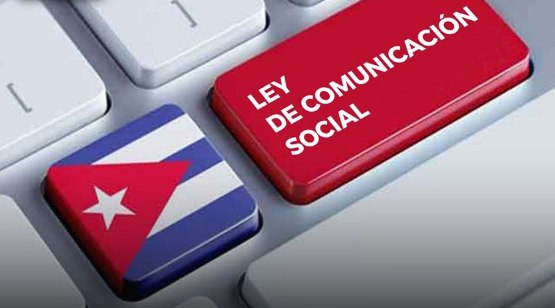
Havana, Oct 4.- In Cuba, the Social Communication Law came into effect today, the first of its kind in the country and considered a vital component in the political, economic, social and cultural advancement of the Caribbean nation.
Published in the Official Gazette of the Republic in its Ordinary Edition No.48, on June 5, the legal norm includes regulations for social communication in the organizational, media, community, cyberspace, as well as political communication fields, public good and crisis communication.
Likewise, it addresses the legal framework for the design of visual and industrial communication, the image of the country brand, advertising and sponsorship in different branches (such as culture and sports), and communication on public roads.
It also deals with the regulation and control of social communication processes, which is responsible for the Institute of Information and Social Communication (ICS in Spanish).
According to the vice president of that organization, Belkis Pérez, one of the main challenges in the implementation of this law has been to complete the institute's roster of staff in each of the country's municipalities.
Pérez explained on the Mesa Redonda radio and television program that it has been a process of collective construction and mutual learning, every day we learn something more, especially since it is an Institute that does not have previous experience.
The general director of Organizational and Community Communication of the ICS, Anamaris Solórzano, stressed that the legal instrument contributes to improving the communication system, determining the roles and responsibilities of institutional communicators, and advising so that everything works better.
She indicated in the radio and television space that the regulations delimit the responsibilities and models of action in digital public spaces of managers and members of institutions, who, in accordance with the public interest of their functions, must consider issues related to communication.
For her part, the Deputy Director General of Advertising and Sponsorship of the ICS, Lorayne Izquierdo, explained that those economic actors that are legally acknowledged in the country, state and private, may carry out advertising.
The insertion and dissemination of advertising on social media is permitted; the owner must request the president of the institute of information and social communication for authorization to insert and disseminate advertising, she added.
Izquierdo specified that an important part to take into account in practice are the subjects protected by law such as: children, women, older adults and those who are in a situation of disability.
The Social Communication Law seeks to develop communication skills in the Cuban population, facilitating better communication and creating a society capable of exercising popular control. (Digital Workers with PL information)